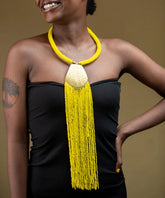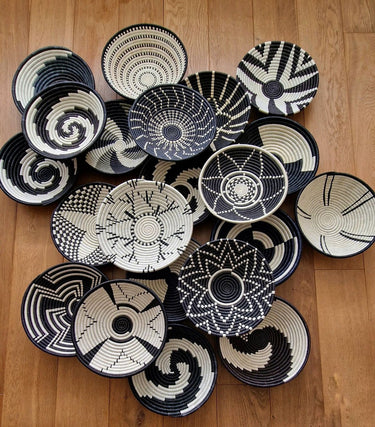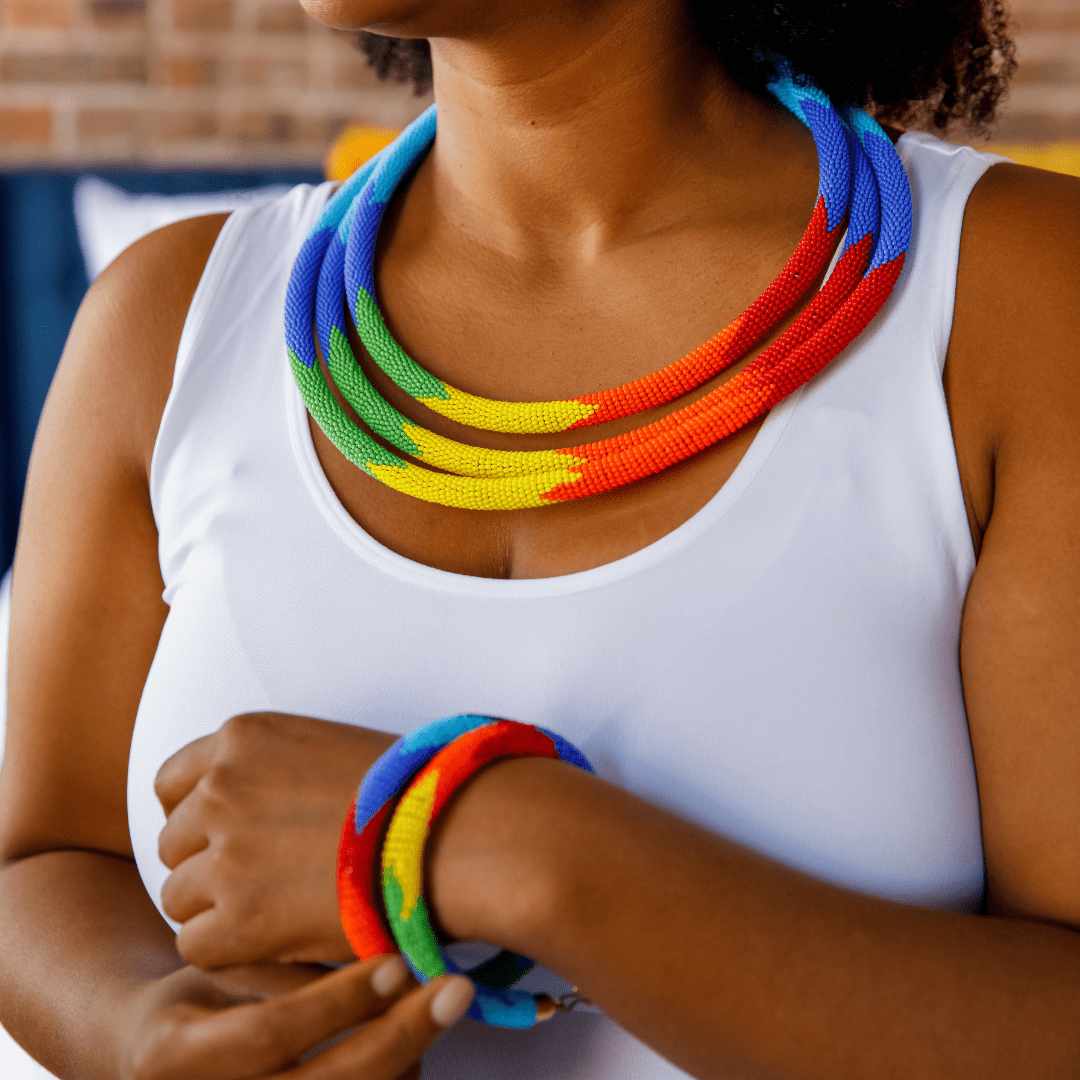How to Market African Handicrafts to Eco-Conscious Shoppers | Ethical Retail Guide
Learn proven strategies to sell African handicrafts to sustainable shoppers. Boost sales with fair trade storytelling, eco-packaging, and impact-driven marketing.
Today’s shoppers don’t just buy products—they buy values. With 73% of millennials willing to pay more for sustainable goods (Nielsen), ethical retail is no longer niche—it’s essential.
For stores selling African handicrafts—from Maasai beadwork to woven baskets—this shift is a golden opportunity. But how do you connect with eco-conscious buyers authentically?
This guide reveals:
✅ Why sustainability sells African handicrafts better
✅ How to craft an ethical brand story
✅ 5 marketing tactics that convert conscious shoppers
✅ Real examples of brands doing it right
Why African Handicrafts Appeal to Eco-Conscious Buyers
1. Natural & Sustainable Materials
African artisans traditionally use:
-
Organic cotton (e.g., Ethiopian shawls)
-
Recycled glass beads (Ghanaian jewelry)
-
Upcycled metals (Zulu wire sculptures)
Market it: "Each basket is handwoven from sustainably harvested sisal."
2. Fair Trade & Social Impact
Consumers crave transparency. Highlight:
-
Artisan wages (e.g., "Paid 3x local average")
-
Community benefits (e.g., "Funds girls’ education in Kenya")
3. Slow Fashion Anti-Thesis
In a world of fast fashion, handmade items stand out for:
-
Unique imperfections (no two pieces are identical)
-
Cultural preservation (techniques passed for generations)
5 Proven Marketing Strategies for Ethical Retailers
1. Lead With Storytelling (Not Just Products)
Do this:
-
Feature artisan profiles (e.g., "Meet Grace, a 3rd-generation weaver from Rwanda")
-
Share "making-of" videos (show raw materials → finished product)
Example: Soko Kenya’s Instagram highlights artisans’ daily lives.
2. Certify Your Ethics
3. Eco-Friendly Packaging That Wows
Swap plastic for:
-
Plant-based ink labels
-
Reusable cotton drawstring bags
-
Seed paper thank-you cards
Market it: "Your order ships plastic-free—plant the included card to grow wildflowers!"
4. Leverage Impact Metrics
Use specific stats like:
-
"Every purchase provides 10 meals to a Tanzanian family."
-
"We’ve recycled 1 ton of glass into beads this year."
Pro tip: Add an "impact counter" to your website footer.
5. Partner With Aligned Influencers
Collaborate with:
-
Sustainable lifestyle bloggers
-
Zero-waste advocates
-
Ethical fashion YouTubers
Pitch angle: "Help us spread fair trade love—share your favorite piece and tag #WhoMadeMyClothes."
Ready to attract conscious consumers? Start with one strategy today—your story is your strongest selling tool. 🌍✨




